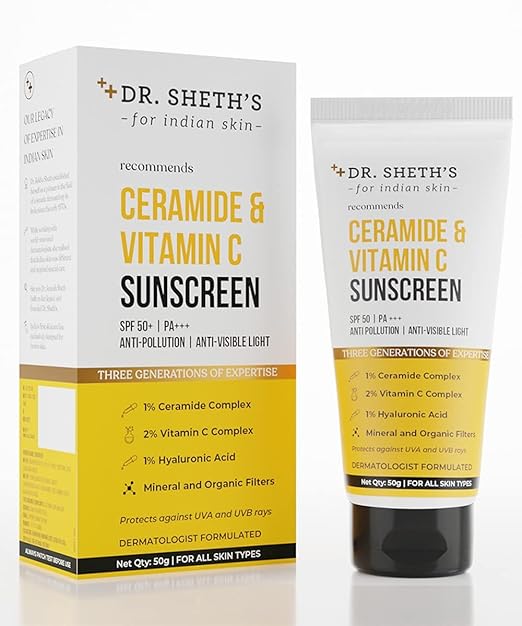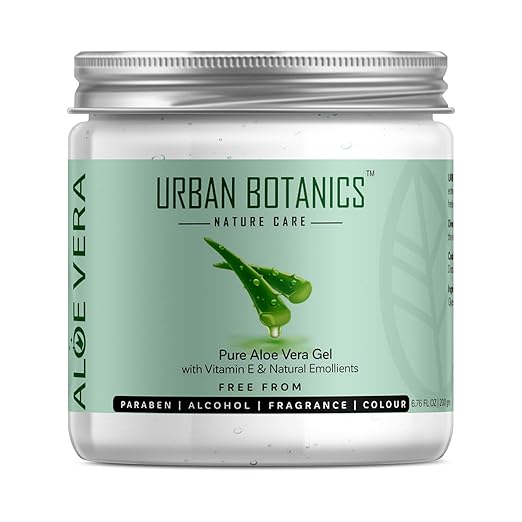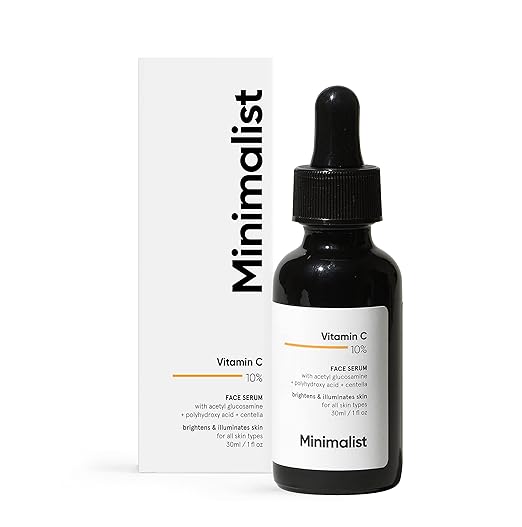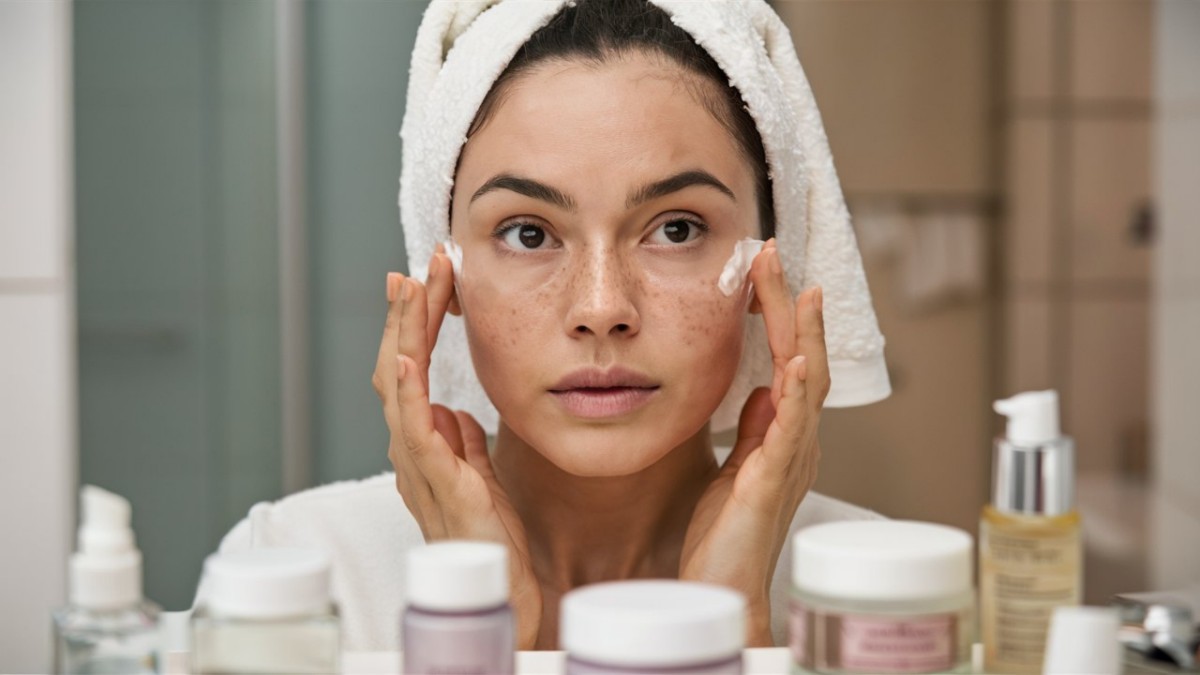Are you tired of your dark spots? Is it too difficult to reduce the pigmentation?
Dark spots can be pretty stubborn and quite difficult to reduce. No matter how much concealer we apply, it becomes quite evident that our skin is not clear. Therefore, these dark spots must be removed from the skin from its roots.
So get rid of your concealer because here is everything you need to know about dark spots and how to reduce them!
Table of Contents:
- What are Dark Spots?
- What causes Dark Spots to appear on the face?
- What are the Types of Dark Spots
- Different Ways to Prevent Dark Spots
- 5 Ways to Reduce Dark Spots
What are Dark Spots?
Dark spots are basically areas of the skin that appear darker than the surrounding skin. They occur when the skin produces an excess of melanin. This pigment is how the skin gets its color. Dark spots can vary in size and can develop on any part of the body. However, they are most common in areas that are frequently exposed to the sun, such as the face, hands, shoulders, and arms. Normally dark spots and hyperpigmentation are also associated with the signs of aging.
What Causes Dark Spots to Appear on the Face?
Your skin is exposed to the sun a lot.
When your skin is exposed to the harmful ultraviolet rays from the sun, the skin might be sun-damaged. These harmful UV radiations start an influx in the production of melanin as a way to protect the skin, which leads to the formation of dark spots over time.
Hyperpigmentation after breakouts or skin conditions.
One of the major reasons for dark spots is that it is an aftermath of any inflammatory skin condition. For example, Acne. If you have stubborn acne and pimples, when they are exposed outside, the material oxidizes to darken. It also causes the skin to darken, and after the inflammation is reduced, the skin is left with a dark spot. It can also happen in dry skin if the skin is prone to flaking or eczema. The inflammation causes an increase in melanin production as the skin heals, resulting in dark spots.
When the Body is Undergoing Hormonal Imbalance.
This is quite common, especially in women. We know that the hormone behind any discoloration is Melanin. When our hormones are imbalanced, such as progesterone and estrogen, they also alter the melanin levels which causes dark spots. Another reason is that dark spots are also common in pregnant women. This particular condition is called Melasma. Although melasma can be caused by sun exposure too.
When your skin ages.
Dark spots are one of the many signs of aging skin. As the skin ages, the number of melanocytes alters. Melanocytes are the melanin-producing cells. With the shift in melanin levels, the skin starts to show dark spots.
Now that you know the causes of dark spots, let us dive into the various types.
What are the types of Dark Spots?
There are various types of dark spots, and we will primarily focus on the types that occur on your face.
Sun-Spots
They are also known as age spots or liver spots. These are flat, brown, or black spots that develop on areas of the skin exposed to the sun.
Causes: Cumulative exposure to ultraviolet radiations from the sun or tanning beds.
Common Areas: Face, hands, shoulders, arms, and back.
Melasma, also known as Chloasma
These types of dark spots are larger patches of darkened skin. They are often symmetrically spread.
Causes: Hormonal changes, especially during pregnancy or from taking birth control pills, as well as sun exposure.
Common Areas: Face, particularly the cheeks, forehead, nose, and upper lips
Acne Spots
Acne spots are the dark marks left on the skin after an acne breakout heals.
Causes: Inflammation and improper healing after an acne breakout.
Common Areas: Face, back, chest, and shoulders.
“Prevention is better than cure.” and that is why it is always better to protect your skin from the formation of dark spots.
Here are the Different Ways to Prevent Dark Spots.
Use a good Sunscreen.
Sunscreens are not to be taken for granted. They protect our skin from ultraviolet radiation. The benefits of using sunscreen are almost endless. They protect our skin from being sun-damaged and prevent any darkening of areas on the skin.
Here is a great sunscreen to prevent sun damage.
Dr. Sheth's Ceramide & Vitamin C Sunscreen SPF 50+ PA+++ 
Volume: 50 gms
Price: 423
Rating on Amazon: 4.2/5
10K+ bought in the past month
Use Aloe Vera Gel.
Aloe vera gel is a great way to reduce dark spots, but it is even better when used as a preventative. Aloe Vera gel has cooling property that soothes our skin. It also reduces inflammation which could further form into dark spots.
Here is a great Aloe Vera Gel for your skin.
UrbanBotanics Pure Aloe Vera Skin/Hair Gel 
Volume: 200 gms
Price: 289
Rating on Amazon: 4.3/5
6K+ bought in the past month
Include a Vitamin C Serum.
Vitamin C serums are great for brightening the skin. Therefore it is better to start using it so that your skin has the defense ready for fighting against dark spots.
Here is a Vitamin C Serum to brighten your skin.
Minimalist 10% Vitamin C Face Serum 
Volume: 30 ml
Price: 664
Rating on Amazon: 4.1/5
7K+ bought in the past month
You may also look at the Top 10 Vitamin C Serums in India
Here are 5 ways to reduce dark spots.
Use Niacinamide Serum.
Niacinamide (Vitamin B3) effectively reduces dark spots by inhibiting melanin transfer within the skin. It also improves skin barrier function, reduces inflammation, and enhances skin elasticity. Incorporate a niacinamide serum daily to brighten skin tone and diminish the appearance of hyperpigmentation for a more even complexion.
Include Retinol in your routine.
Retinol, a form of Vitamin A, accelerates skin cell turnover, promoting the shedding of pigmented, damaged cells and revealing fresher, more even-toned skin.
Use a good moisturizer with Hyaluronic Acid.
Hyaluronic acid provides deep hydration, ensuring that the skin remains plump and healthy, which is essential for overall skin tone improvement.
Include a night cream.
A night cream containing skin-repairing ingredients like peptides, ceramides, and antioxidants works overnight to rejuvenate and repair the skin.
Use a spot-correcting serum.
Spot-correcting serums are formulated with potent ingredients like vitamin C, kojic acid, or hydroquinone, specifically targeting and breaking down excess melanin in dark spots.
Conclusion:
Dark Spots are quite common these days, and that is why one must take these measures to reduce them. If it is still a concern that remains unresolved, then consult a dermatologist.
